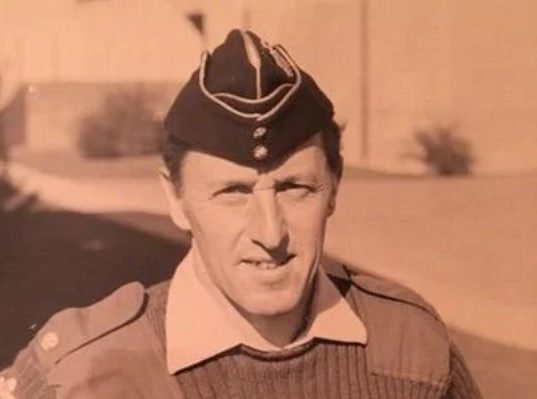
We regret to announce the death of Lt. Colonel Tom Ridgeway, who died recently at the age of 82. He is famed as a pioneer of free-fall parachuting and one of the first people to develop the technique in Britain. (Pictured above, front row, second from the right.)
In the early 1960s Lt. Colonel Ridgeway formed the Royal Corps of Transport Parachute Club. He then established the Silver Stars, the RCT’s (later Royal Logistic Corps) Parachute Display Team. This was the first of such teams in the British Army and pre-dated the Parachute Regiment’s team, the Red Devils. The Team was closely associated with and raised funds for Cheshire Homes, the charity named after Leonard Cheshire VC.
Here are a few words about the life and achievements of Lt. Colonel Ridgeway, from former CAOKS President David Wilkes OKS.
Thomas Harold Ridgeway was born in the British Military Hospital, Tidworth, on November 29 1934. His father was an officer in the Royal Army Service Corps (RASC) and, on the outbreak of the Second World War, young Tom was evacuated from Palestine to South Africa.
He went to Durban Preparatory High School and, after returning to England, to King’s School, Chester. In 1955, after attending Sandhurst, he was commissioned into the RASC and commanded a transport platoon in BAOR. Subsequently, his career took him to Hong Kong, where he served with the Gurkas; to United Arab Emirates, where he was the ground liaison officer with the RAF at Sharjah; and to Australia, where he was seconded to the Australian Army School of Transportation. He also fulfilled several posts England before retiring from the army in 1989.
Tom Ridgeway arrived at King’s in 1949, where he developed into a distinguished gymnast and oarsman. He was possessed of a good sense of humour and strong leadership qualities but, like most of the oarsmen, admitted to few academic pretensions. In late 1952 Ridgeway, as Captain of Boats, was instrumental in getting the Boat Club launched on a long-maintained upward trajectory by introducing the idea to Chester business man, John F Lowe (OKS), that he might like to become involved with the School rowing squad. JF Lowe proved to be an inspiring coach and later became a generous benefactor; his generosity included the provision of the current boathouse premises. Following the discussion with Ridgeway, he arranged the loan of a clinker VIII from Royal Chester Rowing Club and the use of their facilities, thus permitting the School’s first foray into the mainstream world of eight-oared rowing. After little more than a term’s training as an VIII, the crew, which was the first schoolboy boat to enter the North of England Head of the River Race, beat RCRC to win the Clinker Pennant. Apparently, everybody was astonished; except their coach. The crew went on to have a successful regatta season in the VIII and in IVs.
There had been rowing at King’s since 1883 but little success had resulted. The 1953 crew provided the club’s first serious competitive success; this was built upon by further wins of the Clinker Pennant in 1955 and ’56, and culminated in our winning the “Head” outright in 1959. Since 1955, moreover, the School has been a regular competitor at Henley Royal Regatta.
Ridgeway, left school during the summer term of 1953, a week after winning twice at Hereford regatta; he had been accepted into RMA Sandhurst as an officer cadet. Just before leaving, in fact on his last day of school, he was made a prefect. He felt that honour was thereby satisfied, but was rather pleased that he had not been allowed the opportunity to cause any trouble. A story from his later Army career perhaps illustrates the latter point. One evening, on an exercise overseas, he returned to the officers’ mess to find that the bar was shut and protected by a heavy metal door. Undeterred, he blew the door off its hinges with plastic explosive, poured drinks all round and wrote, in chalk on the wrecked door, a bar chit for the drinks and the damage.
Further information on Lt.Colonel Ridgeway’s life will be available in the forthcoming issue of the CAOKS newsletter.















